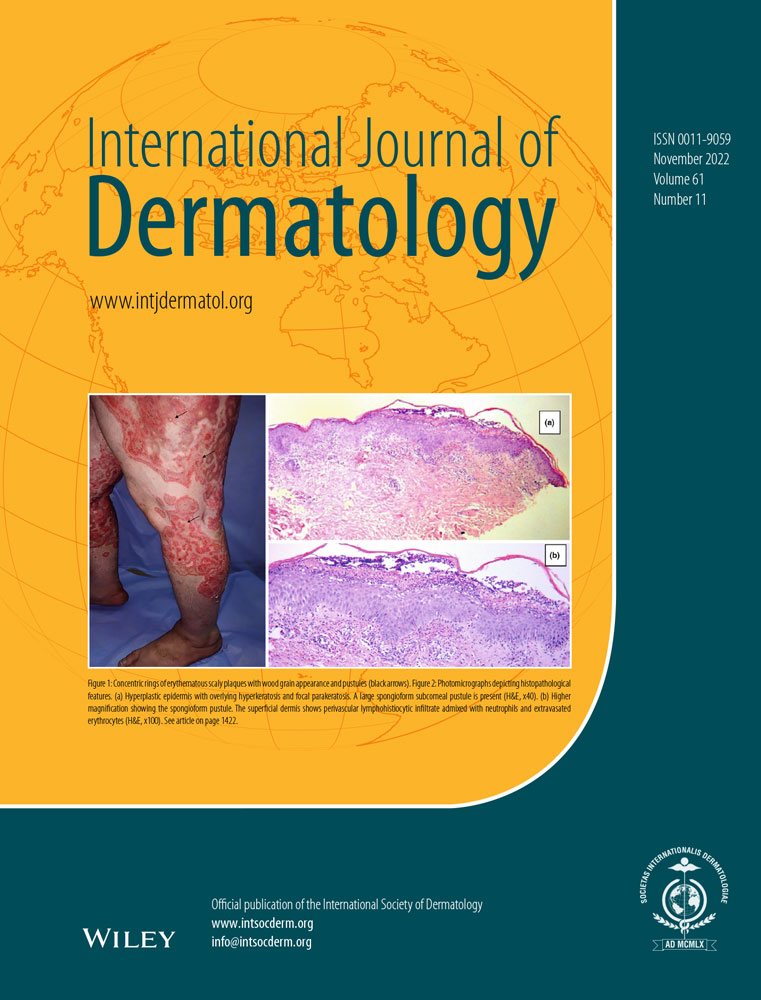Treatments for AIDS/HIV-related Kaposi sarcoma: A systematic review of the literature
Conflict of interest: None.
Funding source: None.
Abstract
Background
Treatment guidelines are not well established in AIDS-related Kaposi sarcoma (KS).
Objective
We aim to review the evidence on efficacy of treatments for AIDS-related Kaposi sarcoma.
Methods
We searched the Cochrane Library, PubMed, and Embase Database from date of database inception till July 2020. Randomized controlled trials reporting intervention consisting of any type of treatment compared to control/placebo to a different treatment modality or different combination of treatment/treatment doses with a diagnosis of AIDS-related KS are selected.
Main outcomes and measures
Primary outcomes were response rates defined as complete response (CR), partial response (PR), stable disease (SD), or progressive disease (PD). Secondary outcomes were cosmesis and adverse outcomes such as pain and erythema.
Results
Thirteen out of 536 articles met our eligibility criteria. Three studies reported the efficacy of chemotherapy, two studies looked at different doses of radiotherapy regimes, and three studies compared different antiretroviral therapy (ART) and chemotherapy regimens. Other studies reported topical therapies such as alitretinoin gel, IM862, and bHCG injection which showed varied efficacies.
Limitations
Lack of standardization classification of disease activity and clinical outcomes and treatment modalities precluded meaningful comparison of studies.
Conclusion
The evidence of efficacy of any particular intervention is overall varied and there was insufficient evidence to recommend any particular intervention. We have provided an overview of treatments for KS but larger studies need to be carried out to verify the efficacy of treatment options reported in the literature.




